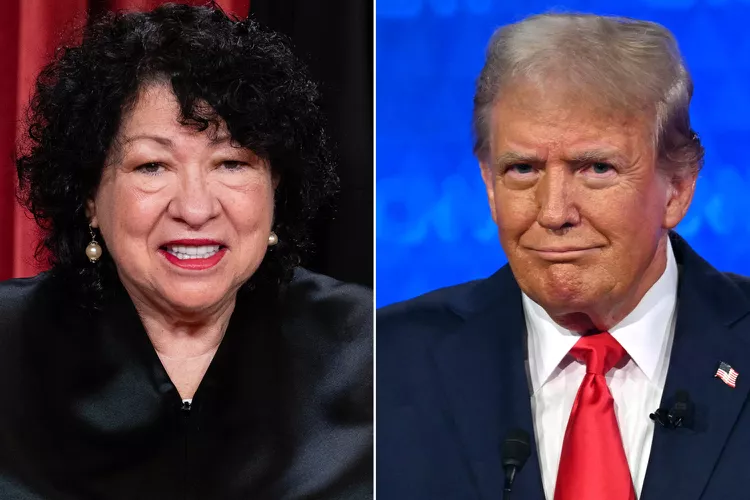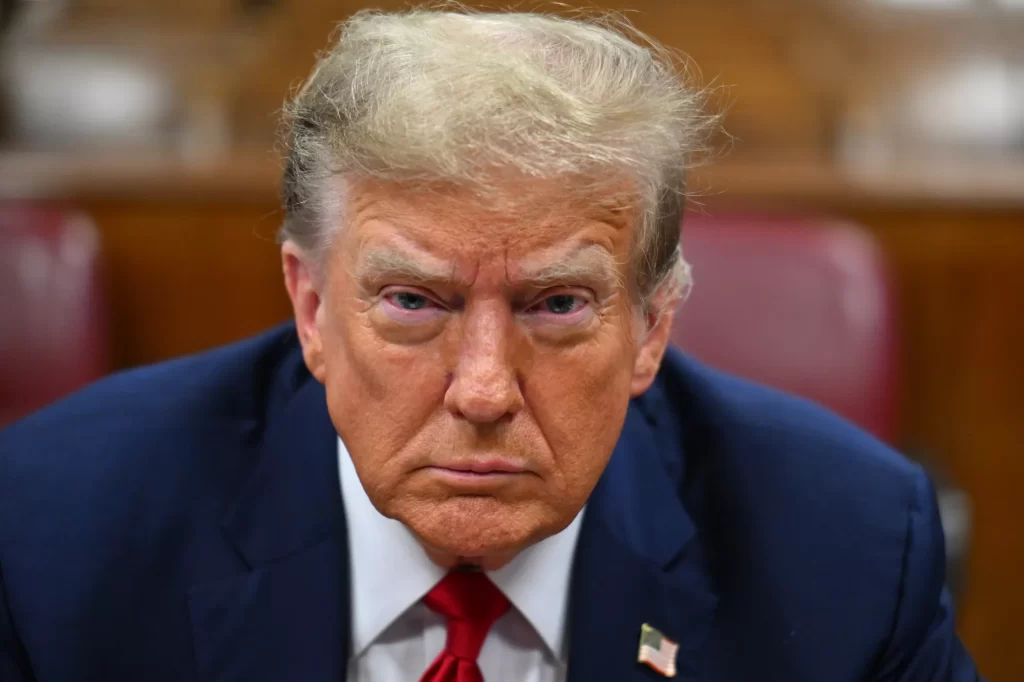In a landmark decision that could reshape the landscape of presidential accountability, the United States Supreme Court has ruled on the question of presidential immunity in the case involving former President Donald Trump. The 6-3 decision, split along ideological lines, has granted presidents broad immunity for “official” acts committed while in office. This ruling has sparked intense debate, with Justice Sonia Sotomayor penning a forceful dissent that warns of dire consequences for American democracy.

The case, centered on whether Trump can face trial for his alleged attempts to overturn the 2020 election results, has far-reaching implications beyond the former president’s legal troubles. The Supreme Court’s majority opinion asserts that presidents enjoy total immunity for actions performed in their “official” capacity, while leaving room for prosecution of “unofficial” acts. However, the definition of what constitutes an unofficial act remains narrow, potentially shielding a wide range of presidential actions from legal scrutiny.
Justice Sotomayor, in her powerful dissenting opinion, paints a stark picture of the potential ramifications of this decision. “When [a president] uses his official powers in any way, under the majority’s reasoning, he now will be insulated from criminal prosecution,” she writes. The 70-year-old justice then provides a series of chilling scenarios to illustrate her point: “Orders the Navy’s Seal Team 6 to assassinate a political rival? Immune. Organizes a military coup to hold onto power? Immune. Takes a bribe in exchange for a pardon? Immune. Immune, immune, immune.”

The crux of Sotomayor’s argument is that this ruling effectively creates a “law-free zone” around the presidency, upending the fundamental principle that no one, not even the president, is above the law. She contends that this decision could incentivize future presidents to break the law, knowing they may face no consequences for their actions. “Let the President violate the law, let him exploit the trappings of his office for personal gain, let him use his official power for evil ends,” she writes, summarizing what she sees as the majority’s implicit message.
Sotomayor’s dissent, co-signed by fellow liberal Justices Elena Kagan and Ketanji Brown Jackson, argues that the court’s ruling has implications far beyond Trump himself. She warns that it “effectively creates a law-free zone around the President, upsetting the status quo that has existed since the Founding.” This new immunity, she fears, could become “a loaded weapon” for any president who wishes to prioritize personal interests, political survival, or financial gain over the nation’s well-being.

The timing of this decision, coming just months before the 2024 presidential election, adds another layer of significance. If Trump were to win re-election, he would enter office with what Sotomayor describes as a “permission slip” to potentially act with impunity, based on the broad immunity granted by this ruling.
Perhaps most tellingly, Sotomayor concludes her dissent with a stark warning: “With fear for our democracy, I dissent.” This unusual phrasing underscores the gravity with which she views the potential consequences of this decision.
As the case now returns to lower courts to determine which, if any, of Trump’s alleged actions in the January 6 case fall under the category of “unofficial” acts, the legal and political landscapes continue to shift. The Supreme Court’s ruling not only impacts the immediate case against Trump but also sets a precedent that could reshape the balance of power in American governance for generations to come.
This decision and Sotomayor’s impassioned dissent highlight the ongoing tension between presidential power and accountability, a debate that lies at the heart of American democracy. As the nation moves forward, the implications of this ruling will undoubtedly be a subject of intense scrutiny and debate, with potential ramifications for future presidencies and the very nature of executive power in the United States.



